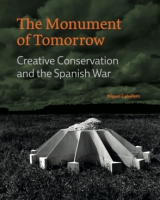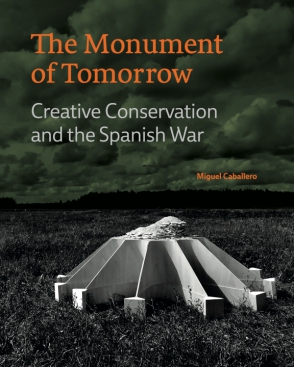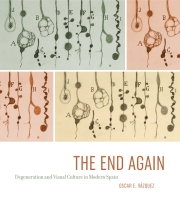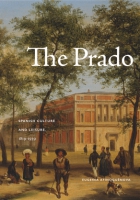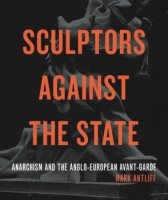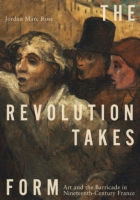The Monument of Tomorrow
Creative Conservation and the Spanish War
Miguel Caballero
“Miguel Caballero’s highly innovative book reveals that cultural conservation and political conservatism did not align during the Spanish Civil War (the Spanish War, as the author rightly calls it). The book’s conservation angle sheds new light on the history of the Spanish conflict while also contributing to a better understanding of early twentieth-century concerns for cultural heritage often overshadowed by the avant-garde’s language of destruction.”
- Description
- Reviews
- Bio
- Table of Contents
- Sample Chapters
- Subjects
Author Miguel Caballero draws on a wide range of sources to examine how artists, architects, writers, and activists transformed monument and heritage conservation into a progressive, experimental cause in their fight against fascism. During the Spanish War, with its devastating air raids, these individuals were motivated by the “defense of culture” to become determined conservationists. Caballero’s research incorporates surviving monuments, architectural plans, propaganda posters, and literary works, including novels, plays, and poetry. The war became a laboratory for experiments in conserving and redefining monuments and national heritage. Modernist-style protective structures, for example, were built atop Madrid’s historic monuments, including statues of Cybele, Neptune, and Phillip III in Plaza Mayor. Such innovations later influenced strategies for safeguarding monuments during the Second World War. This history, Caballero argues, makes the Spanish War pivotal to development of the concept of World Heritage.
Ultimately, The Monument of Tomorrow demonstrates that heritage conservation does not have to be politically conservative. Those interested in anti-fascism, art history, modern architecture, modernism, cultural heritage, conservation and preservation, Iberian studies, and war studies should find valuable insights in this innovative, original work.
“Miguel Caballero’s highly innovative book reveals that cultural conservation and political conservatism did not align during the Spanish Civil War (the Spanish War, as the author rightly calls it). The book’s conservation angle sheds new light on the history of the Spanish conflict while also contributing to a better understanding of early twentieth-century concerns for cultural heritage often overshadowed by the avant-garde’s language of destruction.”
“This book is much more than a cultural history of experimental concepts of heritage conservation and monumentality in Spain between 1931–1939. In this remarkably engaging study, Caballero breaks with and breaks down commonly held Franco-era assumptions about the destruction of cultural heritage during the Second Republic and invites us to pay closer attention to how collective ideas about heritage both sustain and destabilize nationalist narratives.”
Miguel Caballero is Assistant Professor of Iberian Studies at Northwestern University. He is the coeditor of Imágenes y realismos en América Latina.
List of Illustrations
Preface & Acknowledgments
Introduction
Part 1: Prewar
1. Avant-Garde Conservation
2. Reactionary Conservation
Part 2: Wartime
3. Burying Monuments
4. Burning Monuments
Part 3: Postwar
5. The Return to Stone
6. Exile and Conservation
Conclusion and Coda: Ephemeral Treasures
Notes
Bibliography
Index
Download a PDF sample chapter here: Introduction
Also of Interest
Mailing List
Subscribe to our mailing list and be notified about new titles, journals and catalogs.
